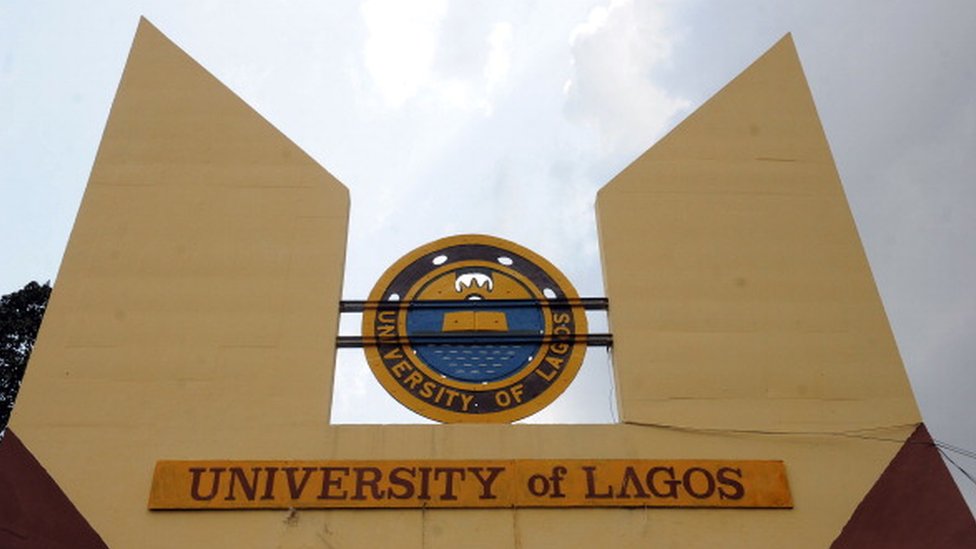The University of Lagos, through its relationship with the United States government on the Fulbright International Educational Exchange Programme, has produced over 37 Fulbright scholars.
The Vice Chancellor, Prof. Folasade Ogunsola, said this on Thursday at the 18th Annual Conference of the Fulbright Alumni Association of Nigeria (FAAN).
The Fulbright programme is the flagship international educational exchange programme sponsored by the U.S. government to give participants the opportunity to conduct research, exchange ideas and contribute to finding solutions to shared global challenges.
The conference, organised by the U.S. Mission in partnership with the University of Lagos, was themed “Improving the Quality of Higher Education: Stakeholders Engagement.”
The VC said more importantly, apart from the numbers, was the value that scholars had added to the community both within the university and nationally.
“Over the last few years, Fulbright scholars have continued to increase the quality of teaching and service in our community.”
Ogunsola said she was particularly enthused by the theme because it was timely and aligned with the institution’s future-ready agenda.
According to her, the agenda recognises the centrality of stakeholders in developing curricula that are tailored for national development and can produce manpower with the competencies and mindset that will shape our future.
She stated that it was important to recognise and remember that the time value of knowledge was short.
“With the rate at which knowledge has been produced in the last two decades, whatever we teach our students will soon become obsolete and they are going to have to deal with the world based on how we have taught them.
“Right now, we are looking for solution driven students, students with the competencies that recognise that the knowledge and problems out there are too big for one person.
“These are students with mindsets that recognize that collaboration is key,” she said.
She further said that education was not just about knowledge but about competences and the drive to change the country.
She stressed the importance of infusing into students and faculty, the passion to move forward despite challenges, noting that creativity thrives on problems.
“It is imperative that this body full of really great minds will get over the prejudices, the traditions and start talking development and problem solving.
“Because of that, we will apply the solutions, irrespective of where they’re coming from to those problems and those problems, and those solutions must be captured in the classes that we teach,” Ogunsola said.
In his keynote address, Arch. Sonny Echono , Executive Secretary, Tertiary Education Trustfund (TETFUND), Abuja said improving the quality of higher education in Nigeria was a responsibility of all stakeholders, whether internal or external.
The keynote address was titled, “Returns on Investment on Tertiary Education in Nigeria” and delivered by Echono’s representative, Arc. Irene Erivwo, Director, Strategic Planning and Development, TETFUND.
According to him, internal stakeholders in the Nigerian higher education sector include students, academic and non-academic staff while external stakeholders can include members of the private sector.
He said the participation and engagement of stakeholders remained critical to the growth of higher education.
He added that teachers and lecturers had all played a pivotal role in the emergence and development of the nation’s higher education sector, noting that they were considered the most important change agents in the reform of education.
“Alumni associations have also continued to play a significant role in the advancement of societies and communities through their various functions and activities.
“These associations have continuously offered networking opportunities to connect people from diverse backgrounds with professionals that can help in the advancement of their respective careers.
“The Fulbright programme has been for the benefit of Nigerian citizens and their alumni association has contributed immensely to the development and improvement of the quality of education in Nigeria,” Echono said.


